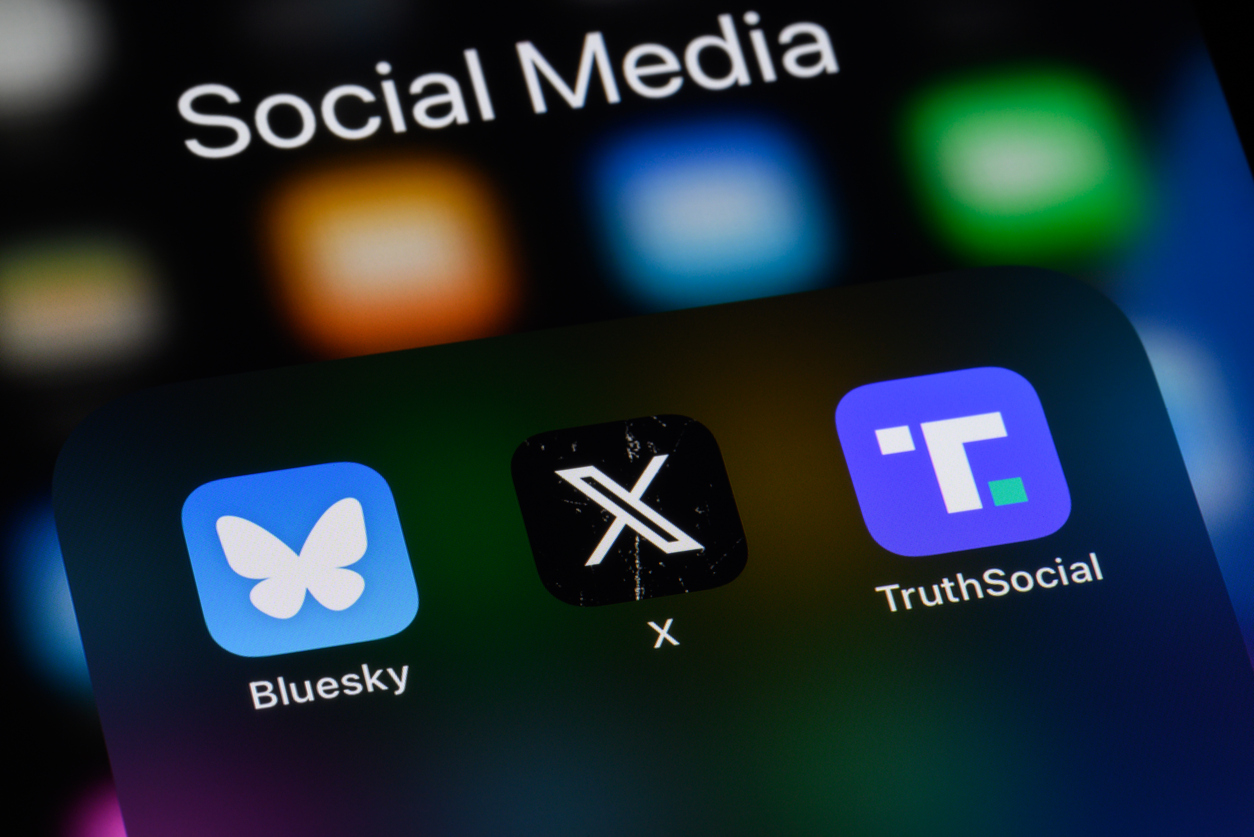A while back, a friend in the San Francisco Bay Area confessed to me in a hushed tone that she was thinking of buying a gun. The neighborhood was a safe one. But she and her husband, no-nonsense tech executives with reasonably public profiles – the kind that might draw attention from internet crazies – but far from the means to hire private security, had calculated just how long it would take for police to reach their home in the event of an emergency, and they weren’t satisfied with it. With the Bay Area’s real estate market being what it is, giving up their below-market-value lease seemed more outlandish than exercising their Second Amendment rights. Aware that I’d recently dated an avid hunter (the Instagram photos of a freezer full of venison were sort of a giveaway), she didn’t have a problem telling me about this. But San Francisco is one of those places where disagreement on any number of hot-button issues can go south pretty fast.
One of the side effects of social media-fueled political tribalism is that when people get familiar with someone who seems to be ‘one of them,’ develop an affinity for that person either as a genuine acquaintance or as a public figure, and then learn that he or she espouses some political belief with which they vehemently disagree – the blowback is swift and harsh. This unfolded in a particularly ugly manner this week when it was discovered that Nathan Pyle, a popular cartoonist whose ‘Strange Planet’ illustrations are all over Instagram, had espoused support for the anti-abortion March for Life two years ago. Pyle, more specifically, had tweeted support for a woman he identified as his girlfriend and who had posted a Facebook message about her own support for the March for Life. But scroll through the fresh replies to that tweet and you’ll encounter erstwhile Pyle fans acting like they were personally wronged and are owed an apology. (This phenomenon is not just restricted to the left, of course: witness the blowback Tomi Lahren got when she voiced support for abortion rights, or the vitriol directed at conservative radio host Joe Walsh when he rescinded his approval of Donald Trump.)
Here’s the problem: in spite of the fact that we live in a world where political positions are easily (and unfortunately) reduced to hashtags and our ideologies are considered to be core to our identities, you’re probably surrounded by people who disagree with you on more than a few major issues. They just might not be open about it. Pew Research Center found in 2016 that only 16 percent of Republicans and 20 percent of Democrats say they ‘almost always agree’ with their parties’ official policy stances. And – surprise! – political positions are more nuanced than what can fit into a tweet. There are people who support full reproductive rights, for example, who are nonetheless made queasy by the fact that ‘shout your abortion’ has overtaken ‘safe, legal, and rare.’ And there are Americans opposed to abortion who nevertheless consider that stance to be conditional on the improvement of the social safety net, from paid parental leave to universal health insurance.
Worse, when a barrage of outrage and ‘cancelation’ is the default response to the revelation that someone has views that are considered hashtag-problematic, it makes it less likely that people will be willing to talk about their disagreements – and even less likely to consider alternate views. Researchers at NYU have found, after all, that political beliefs are more fluid than they had expected (or than the media portrays). Let’s say Pyle’s support of the March for Life is conditional in one way or another. Is the ‘you can’t sit with us’ response from Twitter going to endear him whatsoever to the other side? Or, perhaps, my firearm-curious friend in San Francisco could be talked into different solutions to her security concerns, if she had even felt comfortable bringing it up publicly.
This runs the risk of becoming genuinely unproductive when, instead of a guy who draws cute alien cartoons (not that there’s anything wrong with that), we’re talking about people whose decisions make our laws. Rep. Matt Gaetz, for example, is a vocal and visible Trump supporter, but the outrage directed against him tends to overlook the fact that he’s spent years bucking his own party on the realities of climate change and proposing policy solutions on that front. When we’re too obsessed with playing up what we don’t like about one another and tearing each other down over it, we lose the ability to find common ground – if only because we don’t even bother to look for it.
Indeed, let’s save our outrage for the cases that truly deserve it. Like, for example, New York City mayor Bill de Blasio’s inexplicable and disqualifying adoration for the Boston Red Sox. Some things are truly abhorrent and must be denounced by all.

























